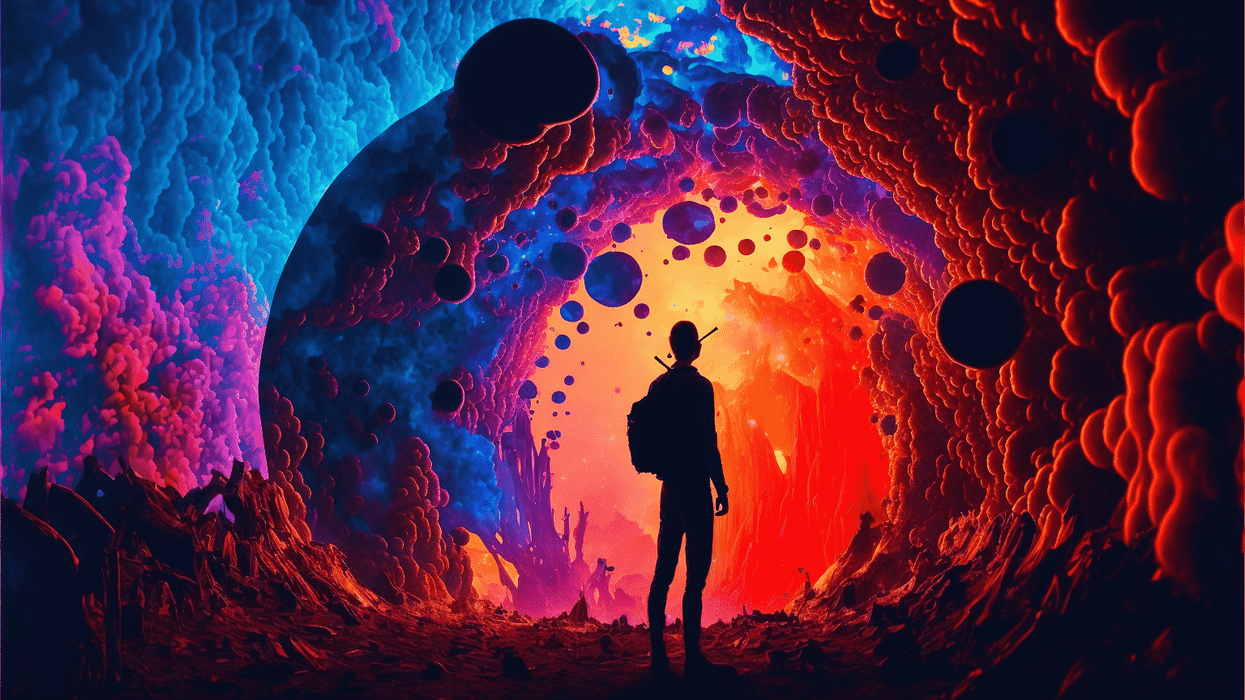The War on Drugs has affected the U.S. for decades, targeting People of Color as a means to justify things like police brutality, unjust incarceration, and murder. Anti-cannabis views in society have acted as a huge catalyst here, with several POC killed by police and posthumously “tainted” as weed users, as if that justifies the loss of life.
It’s no secret that police all over the world have targeted people with darker skin, and that the institution will do anything to justify their brutal behavior – even when it has fatal results.
Cannabis Lovers Who Were Murdered by the Police
Cannabis is a powerful plant that connects consumers to enlightenment and spirituality, but you wouldn’t know it based on how society has viewed it for the past several decades.
Of course, once you realize the War on Drugs was designed to target POC and has no basis in actually protecting American citizens, it’s easy to connect the dots between the cannabis industry and racism.
But as the industry continues to legalize and legitimize itself to greater society, it’s important to remember how cannabis prohibition has been used against POC throughout the years.
These 10 cannabis consumers have had their habit used against them in a flimsy attempt to justify their deaths. However, it’s important to remember that there are many more cases where this list came from, and it’s the industry’s responsibility to recognize them, understand the depth of this harm, and help ensure a better, more just tomorrow for everyone involved in cannabis.
1. Philando Castile - 2016
In 2016, 32-year-old Philando Castile was shot to death at a traffic stop by Minneapolis police officer Jeronimo Yanez, who claimed to believe his life was in danger because of the smell of “burnt marijuana” coming from Castile’s car.
“I thought I was gonna die,” Yanez told investigators from the Minnesota Bureau of Criminal Apprehension.
“And I thought, if he has the guts and the audacity to smoke marijuana in front of the 5-year-old girl and risk her lungs and life by giving her secondhand smoke and the front seat passenger doing the same thing, then what care does he give about me?”
This is a logical fallacy, and a dangerous thing to hear come out of a police officer’s mouth in the aftermath of a fatal shooting.
There is no evidence whatsoever to suggest cannabis may cause a consumer to act erratically or dangerously, and to cite that as an excuse for taking another man’s life is placing our nation’s police officers in a terrifying and ruthless position.
2. Manuel Ellis - 2020
The story of Manuel Ellis is incredibly heartbreaking, and telling of how our society views people struggling with mental illness and addiction.
Ellis was diagnosed with schizophrenia in his late 20s, but by then, he was already familiar with the local police as his primary responders during crisis. A previous identity theft conviction resulted in Ellis telling corrections staff he had been using cocaine, methamphetamine, and cannabis for years to soothe his anxiety and unwelcome thoughts.
Instead of proper help being offered to Ellis to help with his addiction and mental health struggles, he was viewed as a criminal. He was killed at age 33 during an arrest. Footage of the incident reveals officers repeatedly punching, choking, and tasing Ellis, who kept repeating that he couldn’t breathe.
He died at the scene while receiving medical aid from paramedics. His drug intoxication was noted in his death, although it was concluded to “not likely be the cause.”
3. Michael Brown - 2014
Michael Brown was fatally shot to death when he was 18 years old – another Black man who was reported to have cannabis in his system as some sort of consolation prize for being killed by a police officer.
The prosecutors and grand jurors in his case both seemed eager to push the idea that the high amounts of THC made Brown more aggressive, even after an anonymous medical expert insisted that’s highly unlikely.
Anyone in cannabis knows how ludicrous that sounds. THC has a few side effects that are unsavory, but aggression is not one of them. However, this is an angle that has been spun and believed for years and years.
4. Sandra Bland - 2015
Once again, cannabis was used to justify the death of Sandra Bland, a social justice activist who died while being held in a Prairie View, Texas, jail three days after being pulled over for a minor traffic violation.
High amounts of THC were found in her system, which is completely irrelevant information considering what happened.
Bland’s death was ruled a suicide – it was reported that she was found hanged in her jail cell. If this is the case, then Bland was let down by the system, along with so many other victims.
Rather than being offered help for her struggles, Bland was immediately demonized as a cannabis consumer, which somehow justifies her fate. But the thing is, it doesn’t.
5. Botham Jean - 2018
Once again, a police killing narrative was twisted when Botham Jean was shot in his Dallas apartment.
The murderer, police officer Amber Guyger, mistook Jean’s apartment for her own – and later called into consideration the 10.4 grams of cannabis that was found at the scene.
This is absolutely irrelevant information, especially considering Guyger was the one trespassing in the first place, yet it reinstills the negative stigma against POC for cannabis use and attempts to pardon Guyger for her egregiously irresponsible actions.
6. Ramarley Graham - 2012
Ramarley Graham was shot by a New York police officer in the Bronx in 2012. The 18-year-old Black man was in possession of cannabis when officer Richard Haste attempted to stop him on the street.
Graham fled to his grandmother’s house, where he attempted to flush his weed down the toilet. He was shot to death in the bathroom.
Haste later claimed that Graham had been armed, although no weapon was recovered from the scene. He was charged with manslaughter, but that was later dropped.
Meanwhile, Graham was left with a tainted reputation so bad it justified his killing, all for having a bit of a plant in his pocket.
7. Alton Sterling - 2016
The story of Alton Sterling is yet another heartbreaking example of how society turns their back on those who are mentally struggling, demonizing them and holding them at arm’s length rather than offering help.
Sterling was killed by two Baton Rouge police officers in 2016, at the age of 37. The officers were responding to a complaint of a man armed with a gun outside a convenience store.
They detained Sterling, tasing him and pinning him to the ground, and then fatally shooting him a total of six times after claiming he was reaching into his pocket for the gun.
The officer who shot Sterling lost his job, and the other was suspended. Neither were criminally charged for the situation.
Meanwhile, toxicology reports were released, detailing that Sterling had methamphetamines, alcohol, amphetamines, cocaine, opiates, and several forms of THC in his system.
Now, mixing this amount of substances at once is definitely a dangerous move for the consumer, and we don’t recommend doing this at all.
But, how does this combination of substances justify Sterling’s “dangerous” status if the “sober” man on the scene was the one who fired a gun six times from three feet away?
8. Freddie Gray - 2015
The 25-year-old Freddie Gray died a week after he was severely injured during an arrest in West Baltimore.
Gray had a record of run-ins with the police, due to his involvement in drug sales. Although he definitely wasn’t 100 percent innocent in the eyes of the law, he was a low-level and nonviolent offender – nothing to warrant the way he was handled in his final arrest.
People all over the nation were enraged when the video footage of his arrest circulated, revealing how he was thrown around and battered to the brink of death.
This is just one of the several ways the War on Drugs has failed Black people in this nation – consistently used as a convenient excuse for incarceration, abuse, or death.
9. Eric Garner - 2014
Eric Garner was choked to death by an NYPD officer in 2014, after being approached on suspicion of selling tax-free single cigarettes. For that, he was choked to death.
The officers approached Garner and attempted to arrest him, which was met with some resistance on Garner’s part. As the group of officers pinned him to the ground by his neck, Garner repeated the words “I can’t breathe” eleven times.
He lost consciousness soon after, remaining facedown on the sidewalk until he was pronounced dead an hour later.
Here’s where the pattern gets repulsively familiar. A detailed report was released after the scene, stating that he was also in possession of cannabis at the time of his arrest.
A medical report was also released, touting Garner’s asthma, heart disease, and obesity as contributing factors to his death. Clearly all dramatically exacerbated by the hands squeezing his windpipe, but who’s counting?
10. George Floyd - 2020
George Floyd’s death caused uproar around the globe when it occurred during early days of COVID-19 lockdown in 2020.
As the entire world was sitting at home waiting to find out the fate of the pandemic, Minneapolis officer Derek Chauvin was kneeling on Floyd’s neck for almost 10 minutes.
The death, which was recorded and spread around the world by uploaders, sparked what is now considered the largest racial/police brutality protest movement in U.S. history.
Floyd was accused of using a counterfeit bill to purchase cigarettes at a convenience store. When police arrived on the scene, they pulled a gun on the suspect, who cooperated initially.
It was when Floyd began to protest about getting in the squad car – he was claustrophobic – that Chauvin pinned him to the ground until he was unresponsive. He was later pronounced dead at a local hospital.
His reputation was later dragged through the mud when his toxicology report came back, revealing he had small amounts of methamphetamines and THC in his system.
But this trope isn’t going to work for much longer – especially as more people become aware of how cannabis actually works, how it might come into play during a police confrontation, and how consuming it should never justify taking another life.
Need a little more Bluntness in your life? Sign Up for our newsletter to stay in the loop.















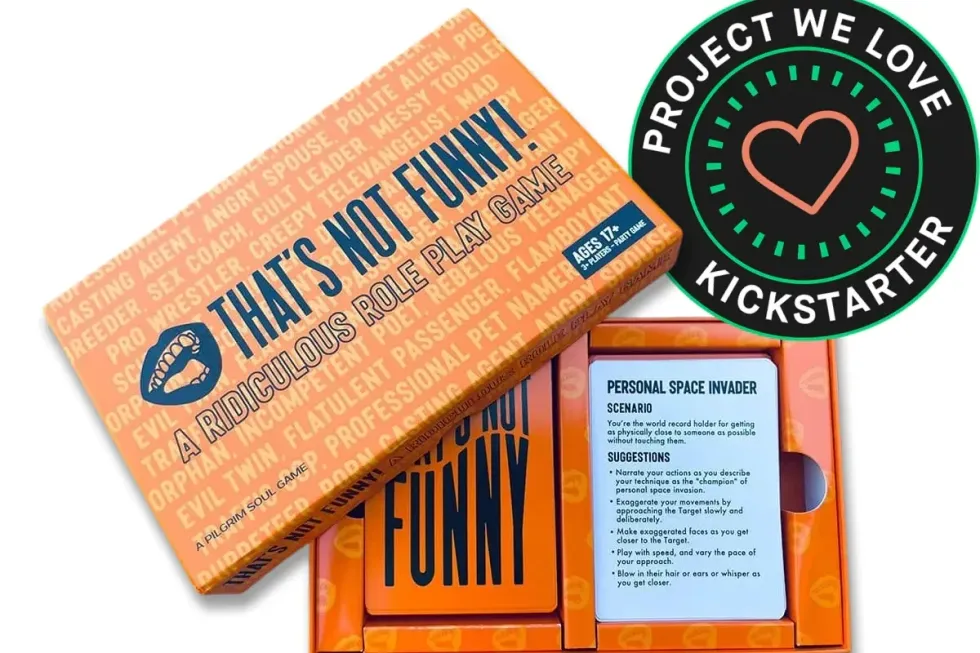
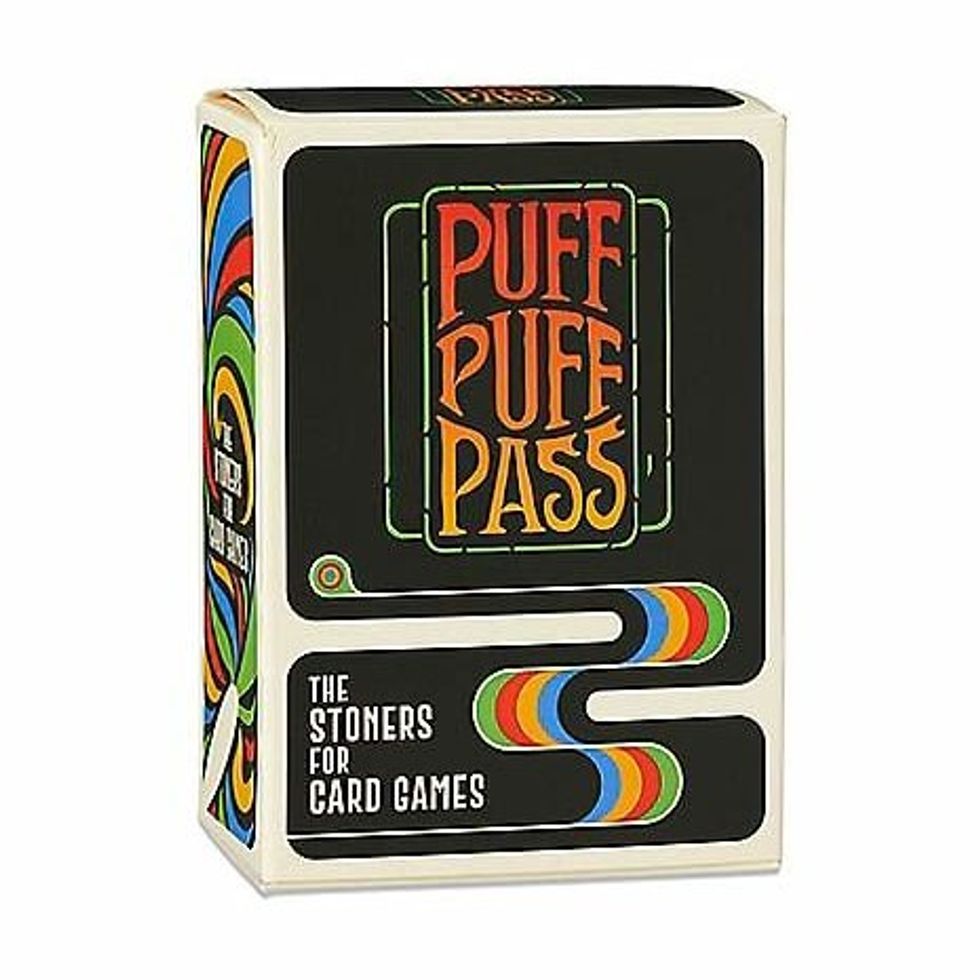

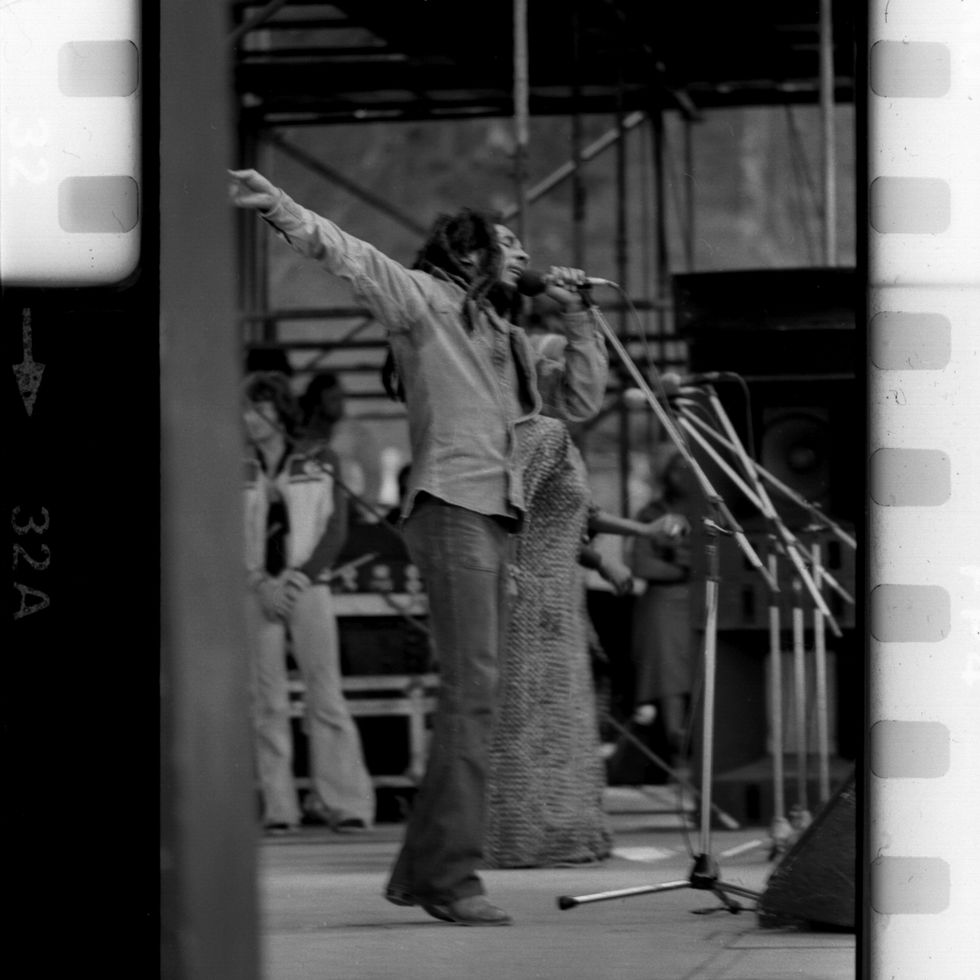 Best Weed Smoking Games to Try - Jammin'
Best Weed Smoking Games to Try - Jammin'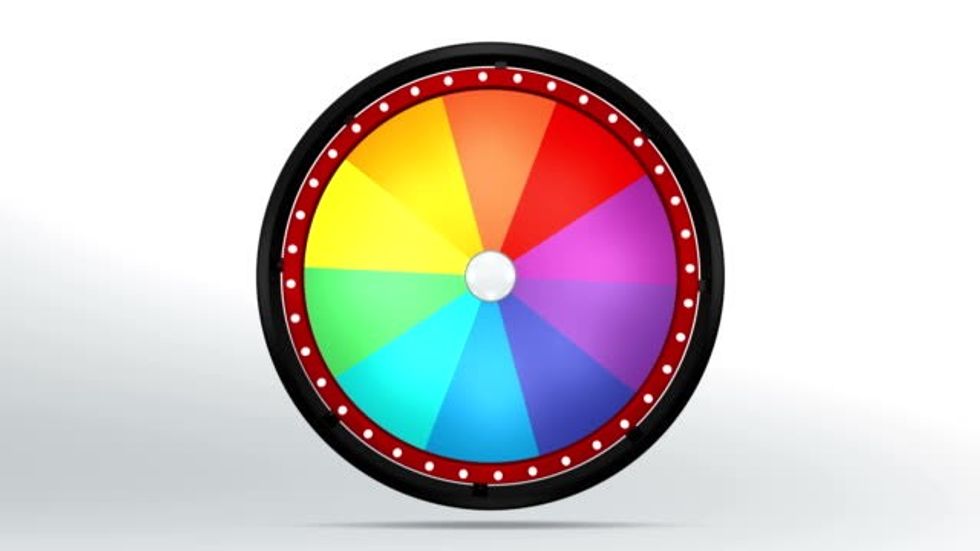 The 31 Best Weed Smoking Games To Try
The 31 Best Weed Smoking Games To Try The Best Weed Smoking Games
The Best Weed Smoking Games The Best Weed Smoking Games to Try
The Best Weed Smoking Games to Try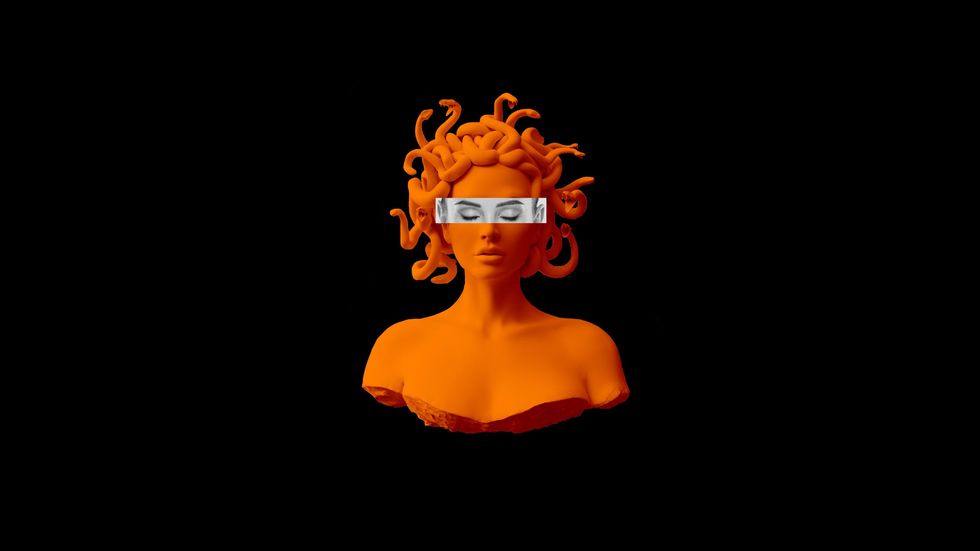
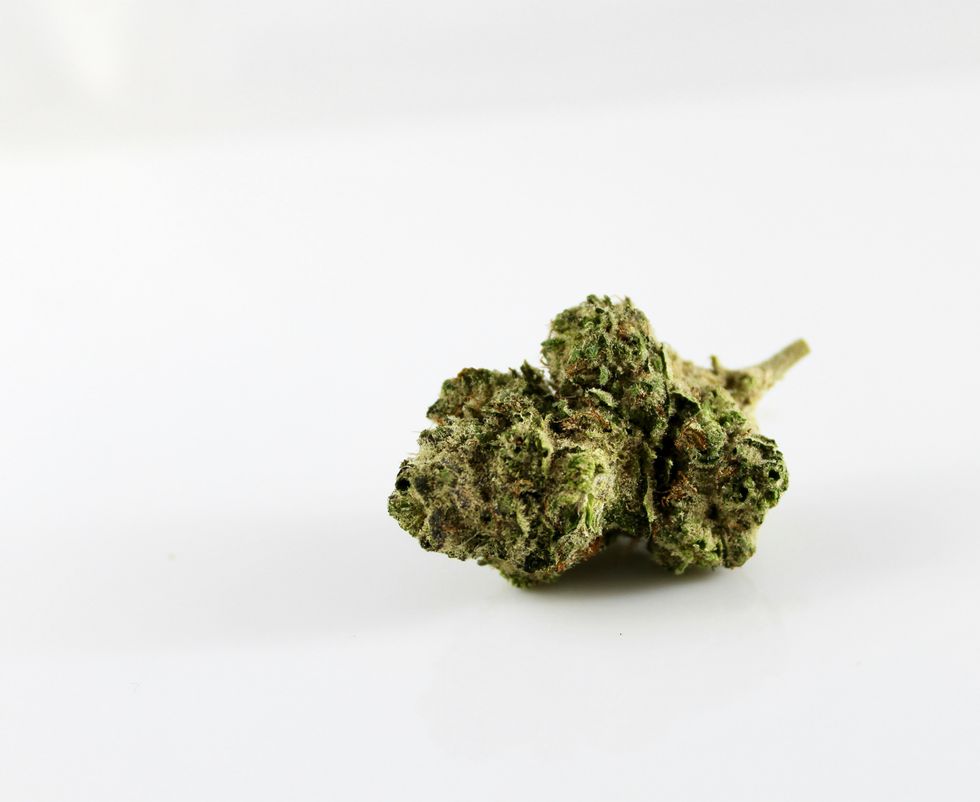
 Stoner Games - Games to Play While High
Stoner Games - Games to Play While High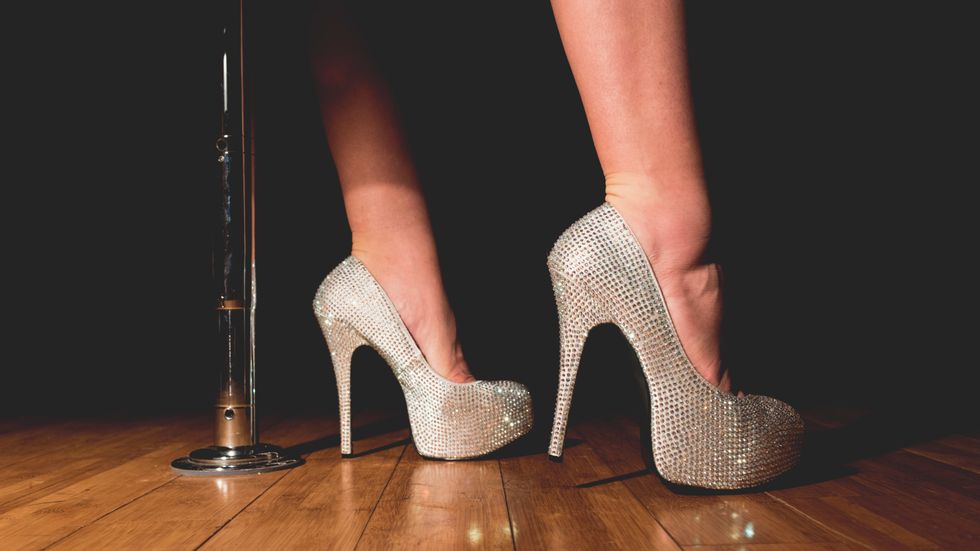 The Best Weed Smoking Games to Play
The Best Weed Smoking Games to Play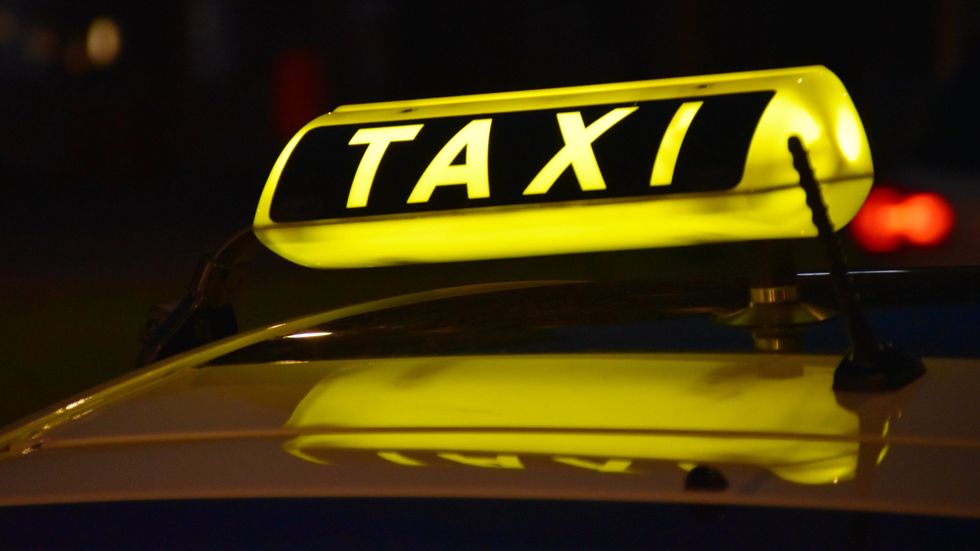 The Best Weed Smoking Games to Try
The Best Weed Smoking Games to Try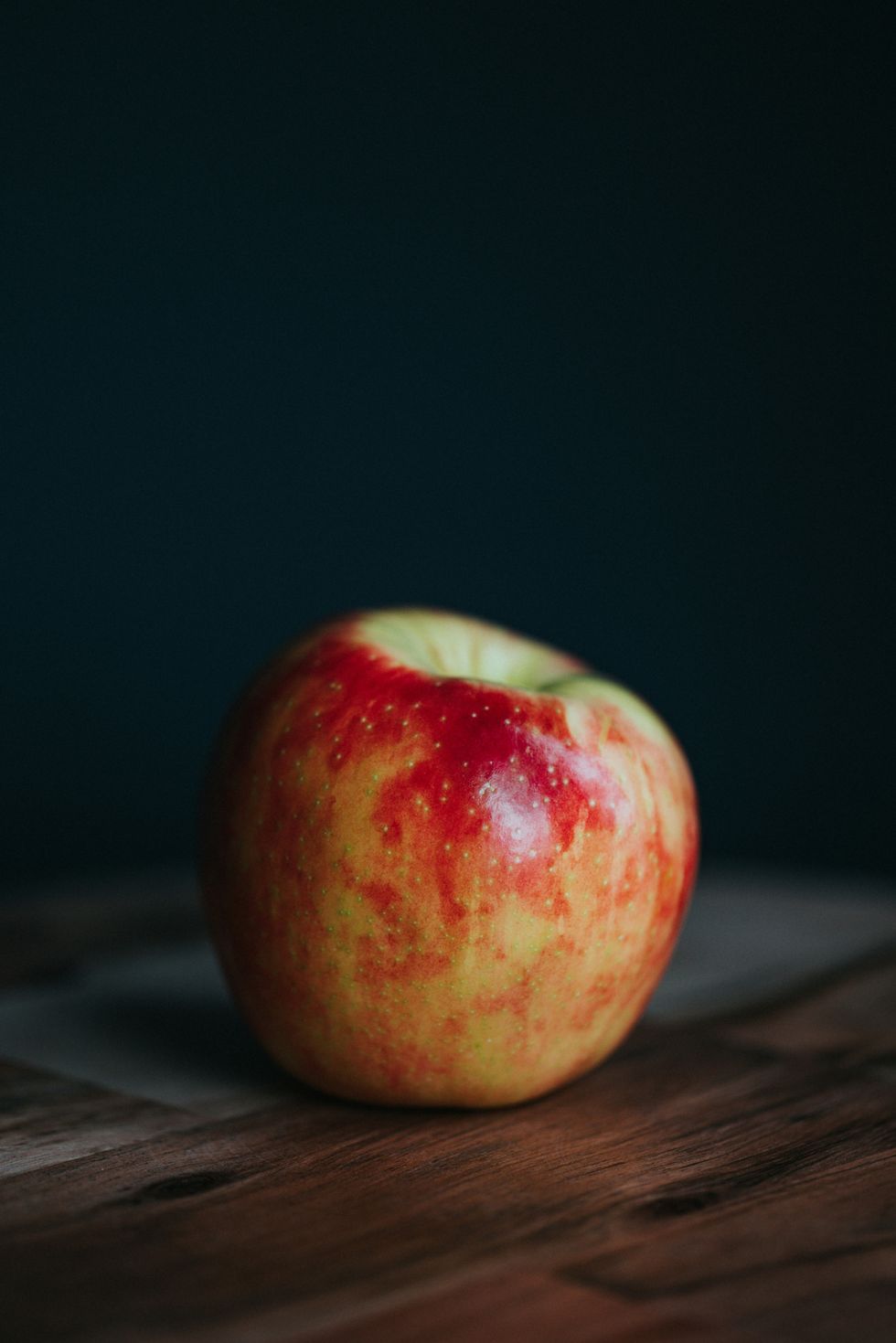
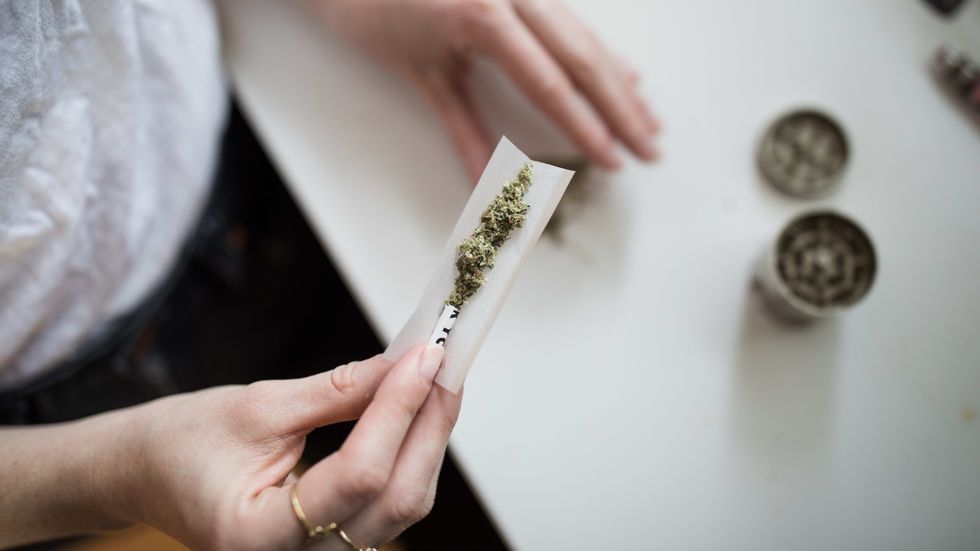 The Best Weed Smoking Games to Try
The Best Weed Smoking Games to Try
 The Best Weed Smoking Games to Play
The Best Weed Smoking Games to Play The Best Weed Games to Play
The Best Weed Games to Play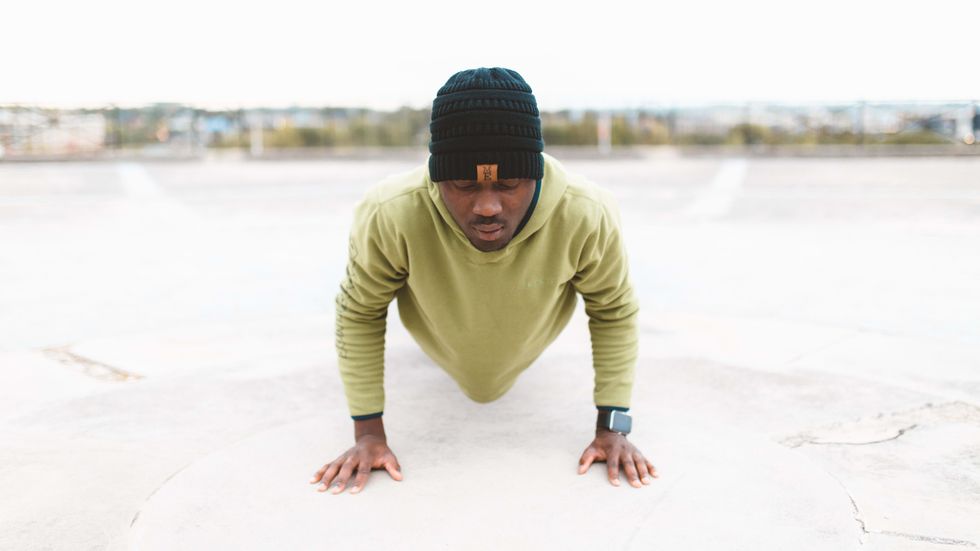 The Best Weed Smoking Games to Try
The Best Weed Smoking Games to Try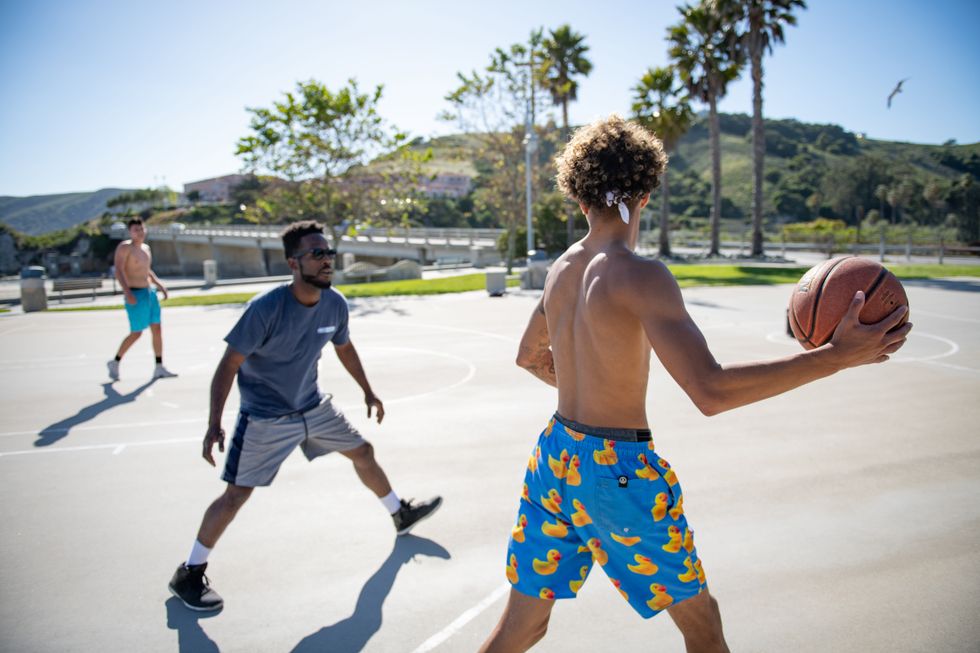 The Best Weed Smoking Games to Play
The Best Weed Smoking Games to Play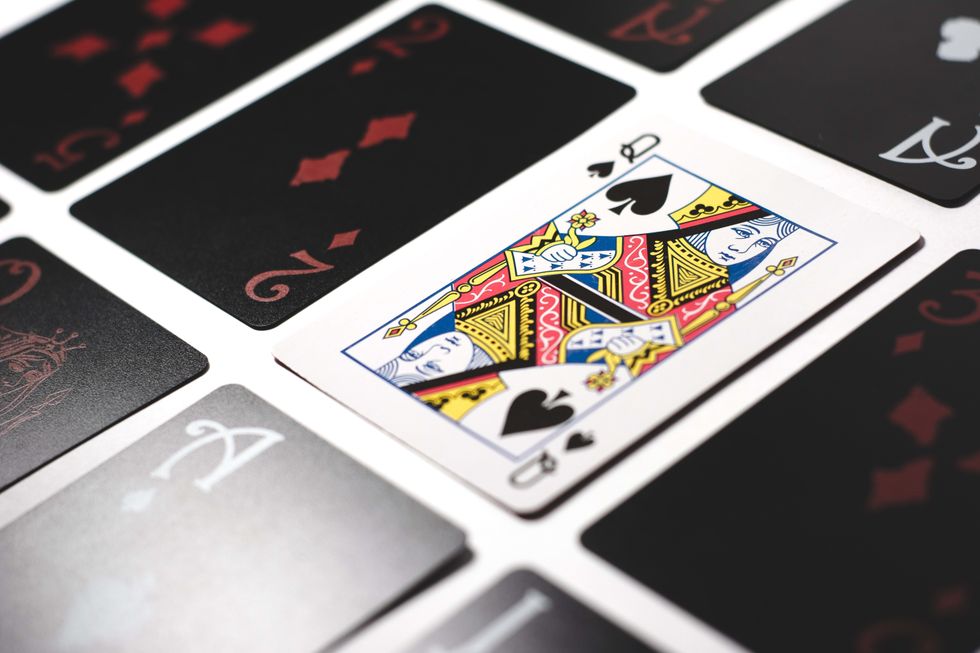 The Best Weed Smoking Games to Try
The Best Weed Smoking Games to Try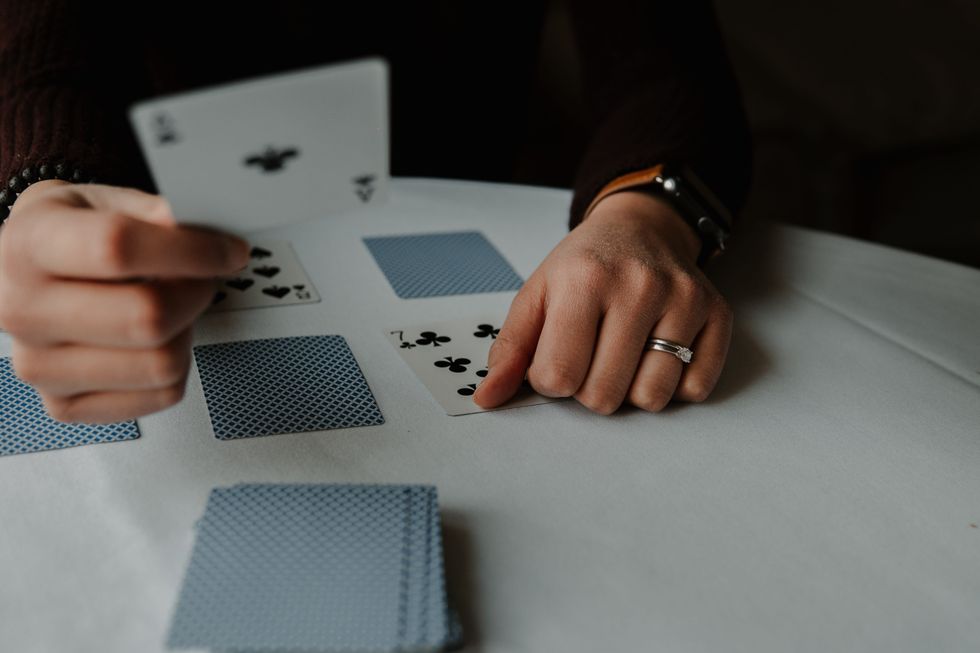 Games for Stoners
Games for Stoners 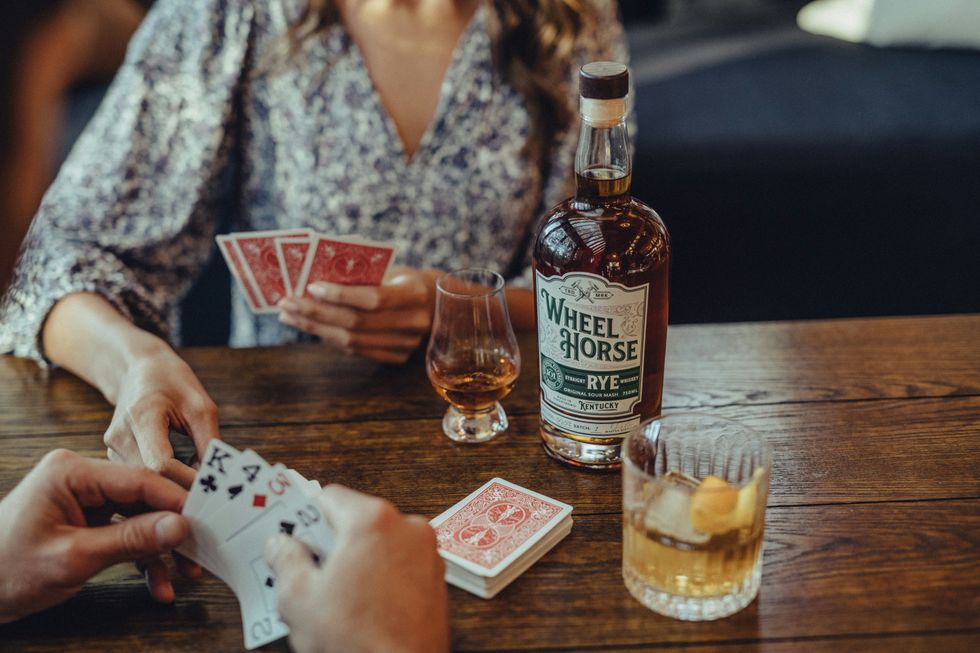 woman in white and blue floral shirt sitting beside woman in white and black floral shirtPhoto by
woman in white and blue floral shirt sitting beside woman in white and black floral shirtPhoto by 
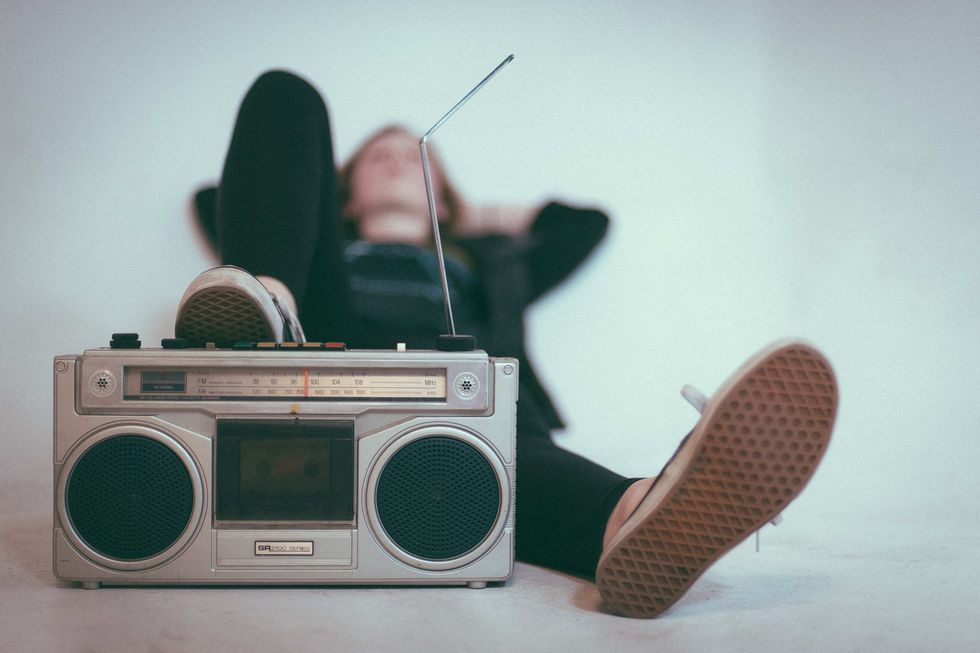 The Best Weed Smoking Games to Play
The Best Weed Smoking Games to Play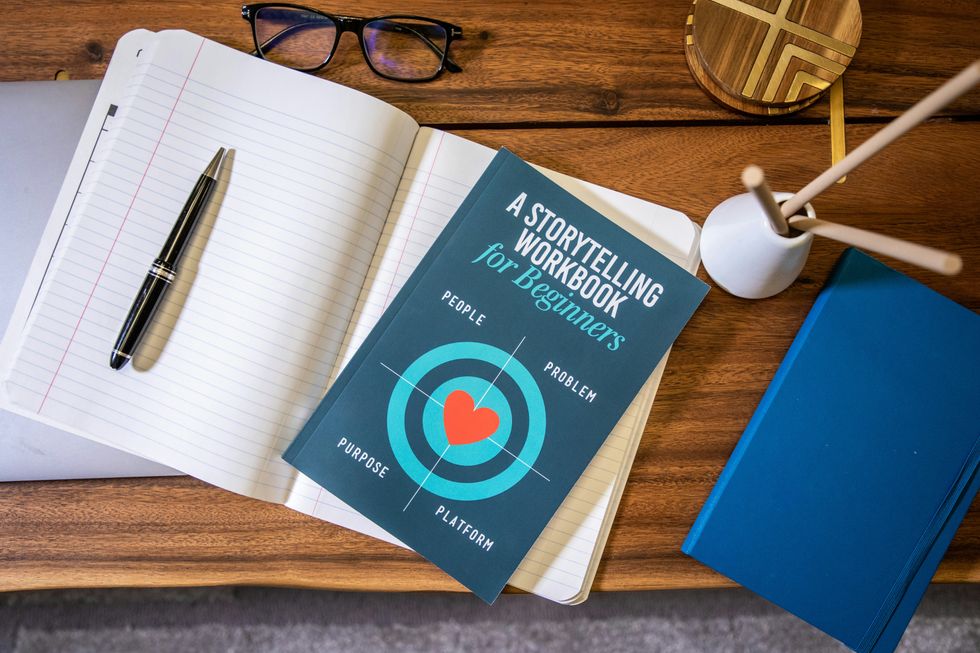
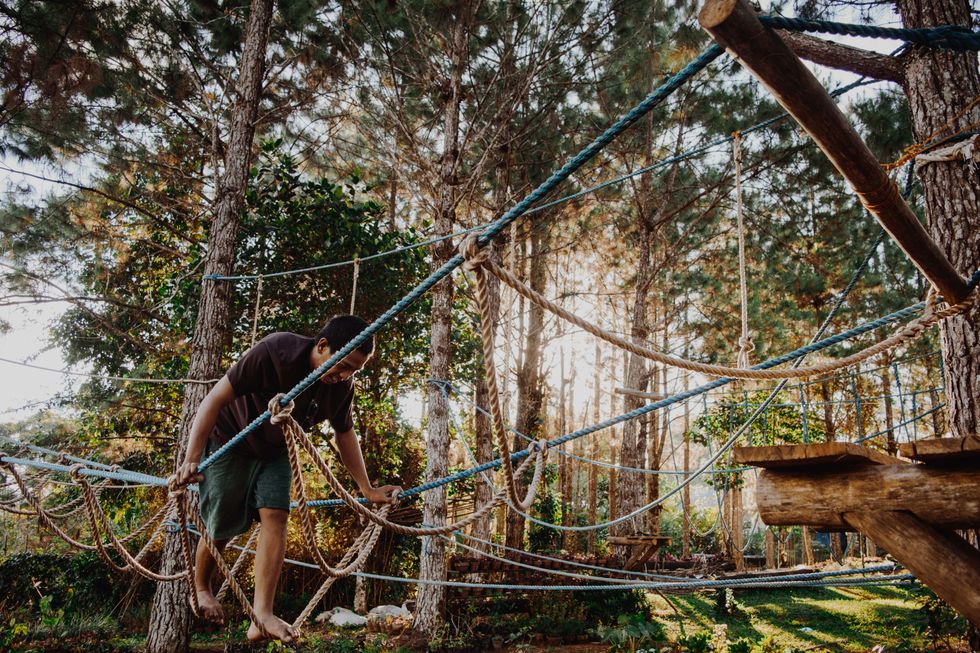 The Best Weed Smoking Games to Try
The Best Weed Smoking Games to Try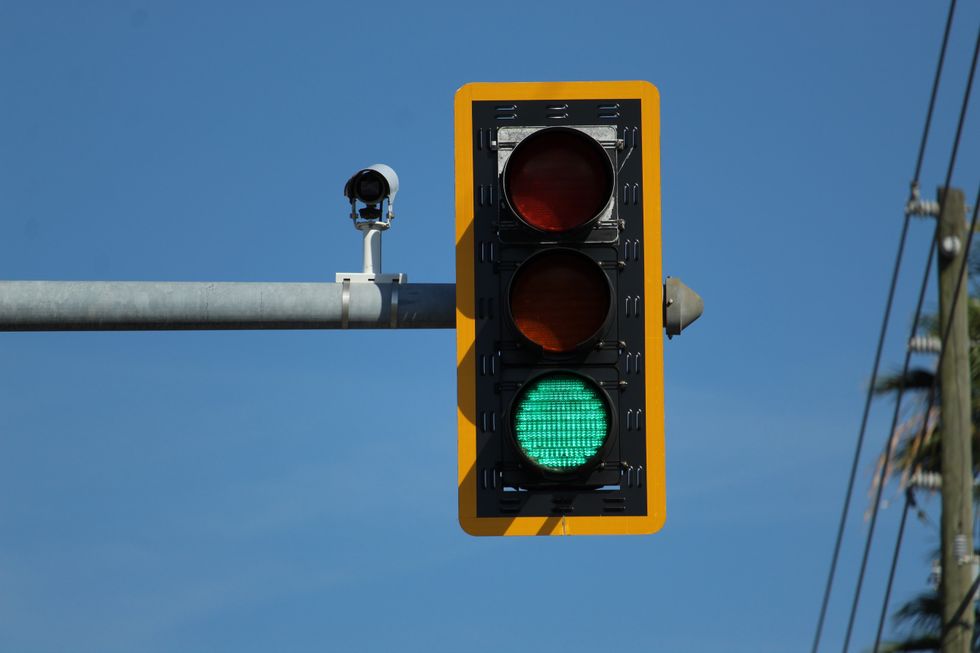 The Best Weed Smoking Games to Try
The Best Weed Smoking Games to Try world map with pinsPhoto by
world map with pinsPhoto by 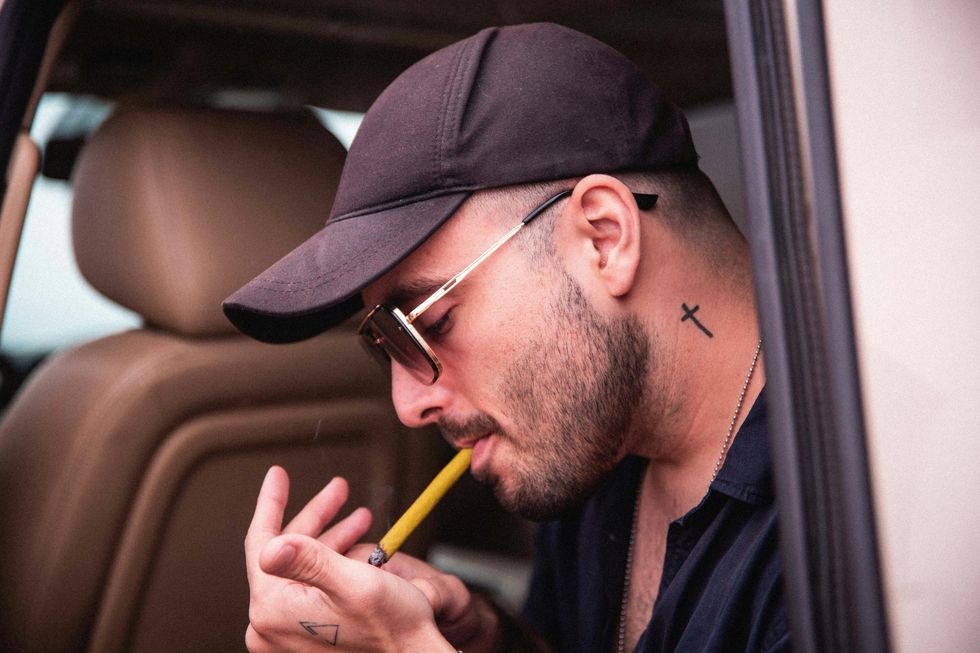
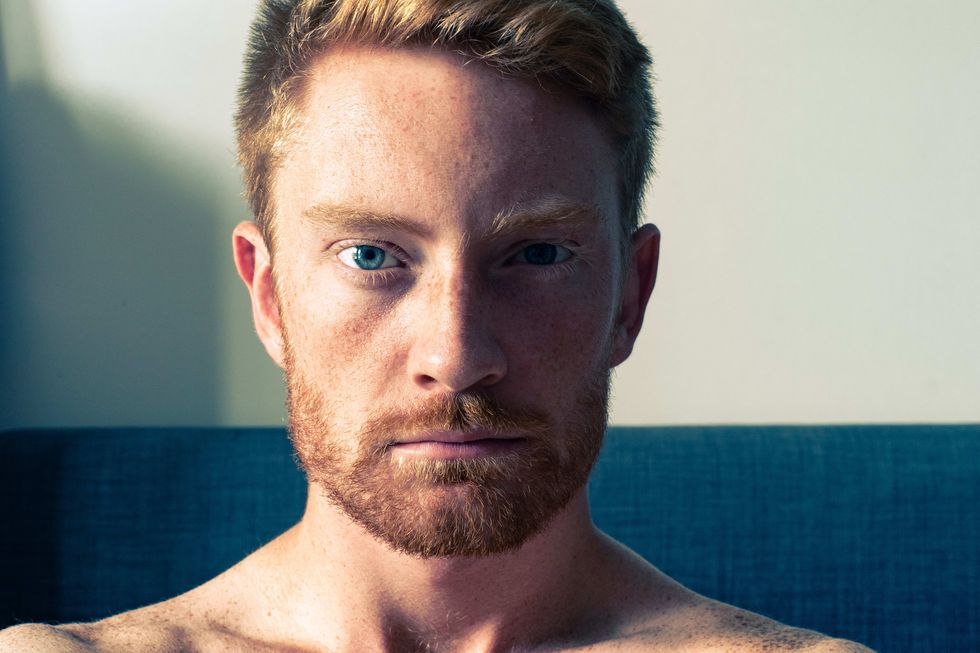 The Best Weed Smoking Games to Try
The Best Weed Smoking Games to Try